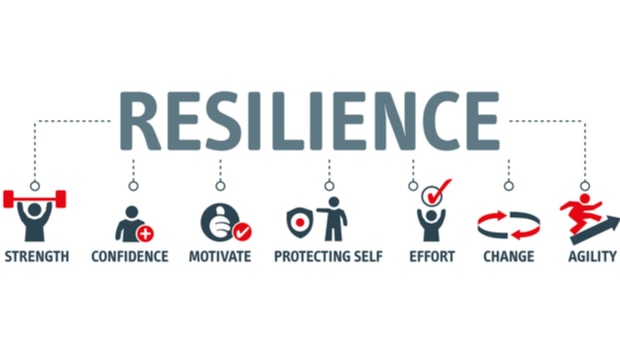Steps to take when you feel like giving up in recovery. Life in recovery can be challenging as you are adapting to new ways of living, including new friends, learning to live without alcohol or drugs, adopting new hobbies, and practicing a different perspective on life.
You most likely had to mend broken relationships or are still in the process of making amends.
Instead of using drugs or alcohol as crutches for when you are stressed, you now have to practice healthy coping skills to overcome these stressful and emotional triggers.
Recovery is a beautiful journey, but it comes with ups and downs. You may still have urges to drink or use, you may feel like you want to give up, and some days it may be challenging to get out of bed.
If you feel like giving up in recovery, there are steps to take and things to do that can help you through these trying times.
These Times and Feelings are Temporary
One of the most important aspects to remember is that every feeling, whether it is positive or negative, is temporary.
Thoughts and emotions are fleeting, so if you have an urge to use or are experiencing negative thoughts about yourself or your recovery, it is essential to remember that these will pass.
Realistically, you will have some bad days just like everyone else; however, it is vital to recognize these negative thoughts and feelings and allow them to pass.
Becoming angry and losing help over negative emotions can worsen this state of mind.
Often our society makes us feel that we should always be happy, and if we have negative feelings, then something must be wrong when, in fact, negative emotions are part of being human.
Recognize them, sit with them, and allow them to pass because they will within time.
Reach Out For Support
Having a strong support network during recovery is extremely important. Whether it is a close friend, a therapist, a family member, or someone from your recovery support group, reaching out to talk with someone about your feelings is extremely important.
Talking about your thoughts and feelings when you want to give up can be cathartic and can help you sort through your emotions.
Even if your friend or family member cannot offer you the best advice, having a listening ear can make all the difference in your recovery.
Being around others who care about you can often fill the temporary void that is telling you to give up hope.
Consider Returning to Treatment
Many believe that once they finish treatment and enter recovery, then their toughest part of their journey is over.
Although treatment is difficult, life after treatment can be just as challenging or even more challenging for many.
Sometimes returning to treatment, whether it is in a group outpatient setting or individual therapy sessions, can help you overcome feelings of hopelessness.
For many, outpatient therapy is part of recovery, and therefore returning to treatment can be a way to get back on track.
If you have strong urges to use or drink again, then maybe you need to return to a more intensive treatment program such as residential or partial hospitalization.
Regardless of what type of treatment you need, you should never view returning to therapy as a failure or a bad thing but rather a wise decision, so you can be healthy in your recovery.
Get Outside
Immersing yourself in the outdoors, even for an hour or two, has proven benefits to improve mood.
The outdoors is a therapeutic way to help release any negative feelings or tension you may be experiencing.
Whether it is reading a book under a tree, going for a run, walking on the beach, or taking a hike in the mountains or the woods.
Meditate
Whether it is sitting in silence, reading a positive affirmation, writing in a journal, or doing some form of physical exercise, meditation can help you overcome negative thoughts and emotions and create a positive, healthy mental space.
Meditating on a regular basis can help you prevent feelings of helplessness and hopelessness.
Practice Self-Care
If you feel like giving up in your recovery, then make an effort to do something that brings you happiness.
This could be going out to eat, taking a bath, reading a book, listening to music, cooking a nice meal, or buying yourself a gift.
Whatever it is that you enjoy, take some time, and allow yourself to practice self-care
.
Recovery can be challenging, but it can also be beautiful. Keep in mind that giving up is never an option, even when you feel that you have lost all help.
Practice the steps, allow these feelings to pass, and reach out for help. It will make a difference.
No matter where you are in your journey to recovery, AKUA can help. We understand that life in recovery can be tough.
If you are afraid of a relapse, seeking help for the first time or trying to get back on track, we have a program for you.
Call our 24/7 Admissions Helpline anytime.




